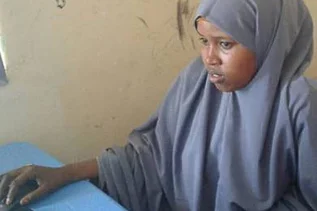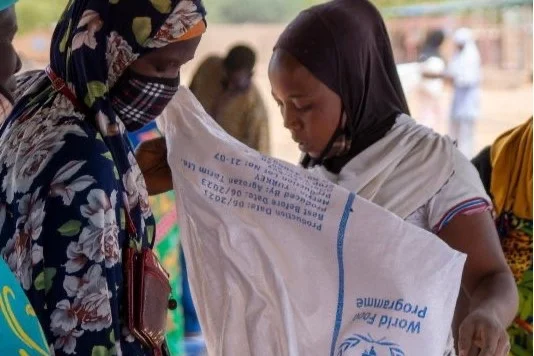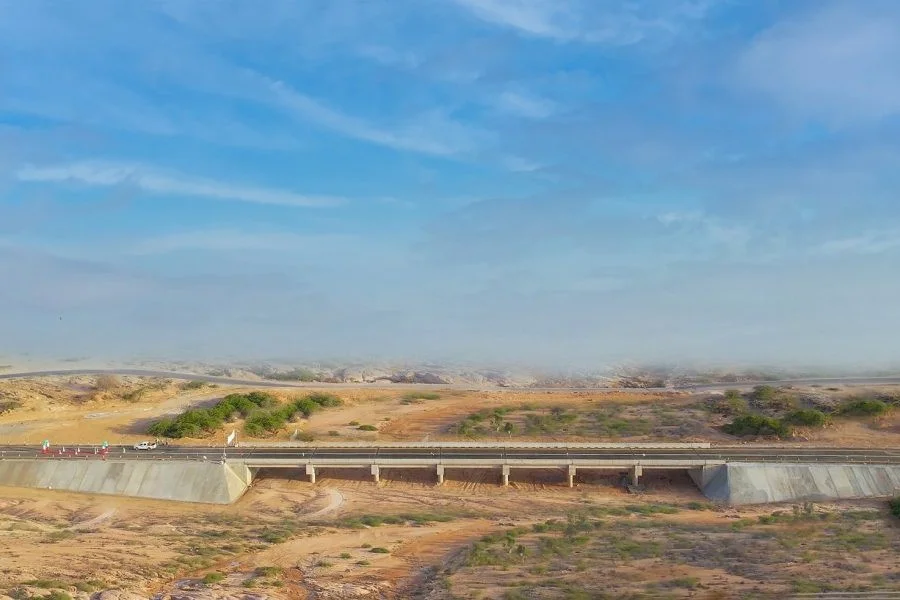Somalia is on the path to recovery but challenges remain
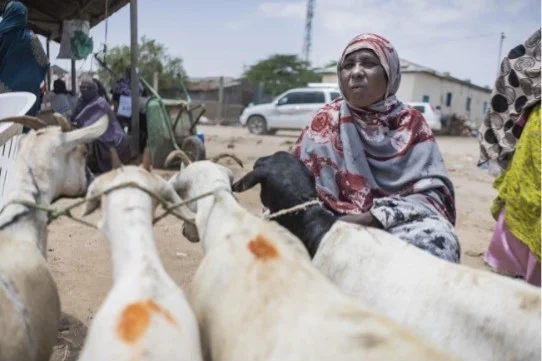
Somalia suffers from decades of conflict, recurring climate shocks, disease outbreaks and poverty, and is often labeled a “failed state.” Despite the fragility of the situation, things are currently changing and Somalia is working to stabilize itself in light of the unparalleled steadfastness of the Somali people. I am not at all delusional, there are still significant challenges, and we must work even harder to maintain the gains achieved so far. According to one analyst, Somalia’s upward trajectory is evidenced by a boom in construction work, with the sounds of hammers replacing gunshots in the Somali capital.
The United Nations has been closely supporting the Somali people since the birth of the Republic in 1960. The various UN mandates are currently implemented through 26 agencies, funds and programs (resident and non-resident), one political mission (UNSOM), and one logistical support mission (UNSOM). United Nations Support Office in Somalia). The UN commitment to the Somali issue is detailed in the UN Sustainable Development Cooperation Framework (2021-2025) which reflects the priorities of the Ninth National Development Plan for Somalia (NDP-9).
At the height of the COVID-19 pandemic, the United Nations mobilized support to help the Somali government respond to the outbreak. We continue to support the Somali authorities in their quest to eradicate this epidemic and encourage people to get vaccinated. Elections are also underway in Somalia, where the United Nations supports the process to ensure that the elections are held in a peaceful and transparent manner, and demands the allocation of a 30% female quota in the Somali Legislative Council.
Although encouraging signs of progress have been recorded, we must not forget the continuing challenges facing Somalia. According to UN projections for next year, about 7.7 million Somalis (about half the country’s population) will need humanitarian aid and protection. Women and children, especially those living in internally displaced communities, continue to bear the brunt of Somalia’s complex humanitarian crises. In light of the current serious droughts, the Somali government declared a humanitarian emergency on 23 November. However, neither the government nor the humanitarian community have sufficient resources to respond to this crisis. With just days to go until the end of the year, the 2021 Humanitarian Response Plan, which aims to raise US$1.09 billion, is only 70% funded. Additional resources are urgently needed to prevent the dire humanitarian situation from turning into a disaster, so we continue to work with our partners in this area. I made visits to Europe in October and to the Gulf in September. During my meetings with representatives of our partners, I stressed the need for additional funding to address the escalating humanitarian crisis in Somalia, and I spoke in detail about how inaction not only risks undoing the gains made, but also puts the lives of millions of Somalis at risk.
Somalia is undoubtedly on the front lines of climate change. Recurring droughts and floods lead to large population displacement, rapid urbanization, hunger, malnutrition, and poverty. Climate change is also seen as a driver of conflicts and a threat to the country’s security, as conflict over scarce resources deepens divisions. In addition, the loss of traditional livelihoods makes people vulnerable to recruitment by armed groups such as Al-Shabaab. Somalia is currently experiencing a third consecutive season of below-average rainfall, and 80% of the country is facing the effects of drought, water shortages and livestock deaths. One in five Somalis does not have enough water to cover their basic needs. On the positive side, as part of efforts to mitigate the climate emergency, the government, with the support of the United Nations, recently adopted an ambitious Nationally Determined Contribution (NDC) target for global climate goals of reducing greenhouse gas emissions by 30% by 2030.
Somalia’s crises are multifaceted and require comprehensive solutions from all stakeholders. It is our collective responsibility to support the efforts of the Somali people to deal with these crises and find durable solutions that enhance their ability to withstand future shocks. We must not let down the people we pledge to serve.
 Algeria
Algeria Bahrain
Bahrain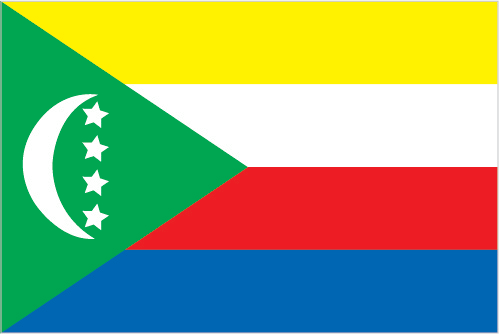 Comoros
Comoros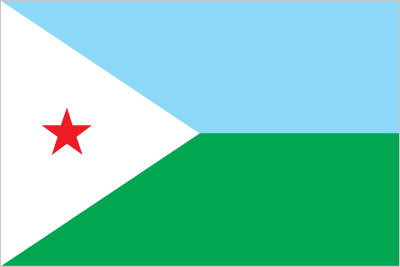 Djibouti
Djibouti Egypt
Egypt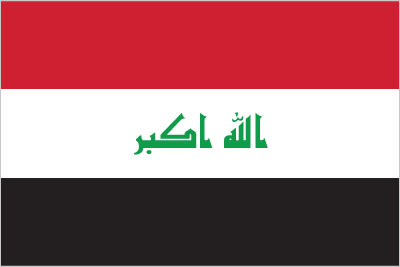 Iraq
Iraq Jordan
Jordan Kuwait
Kuwait Lebanon
Lebanon Libya
Libya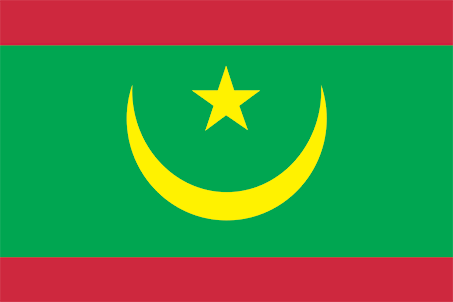 Mauritania
Mauritania Morocco
Morocco Oman
Oman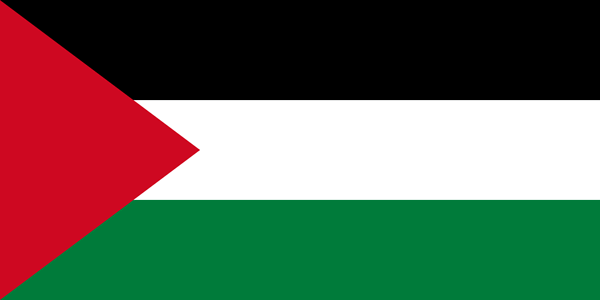 Palestine
Palestine Qatar
Qatar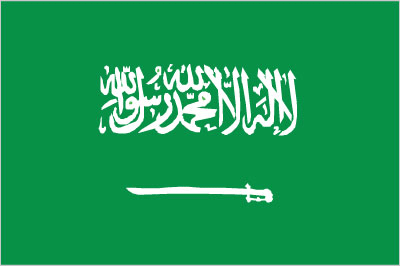 Saudi Arabia
Saudi Arabia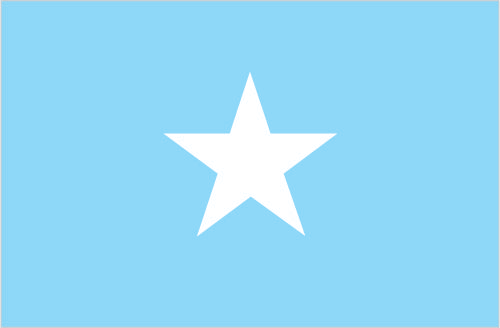 Somalia
Somalia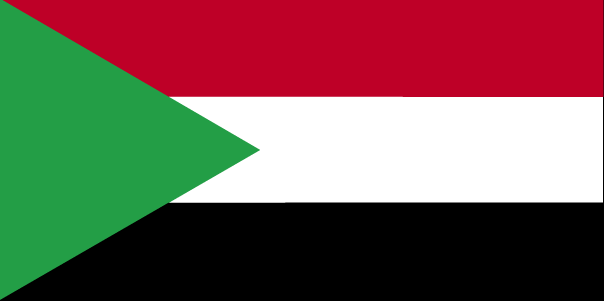 Sudan
Sudan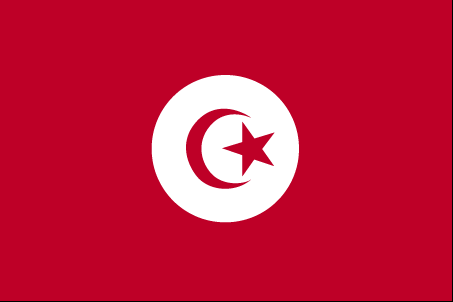 Tunisia
Tunisia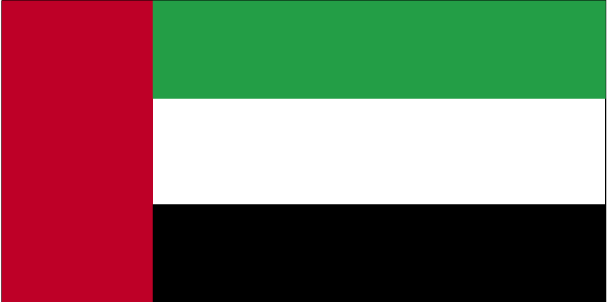 UAE
UAE Yemen
Yemen